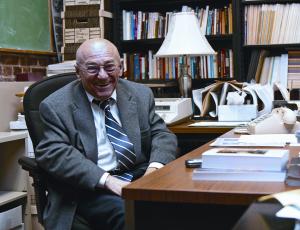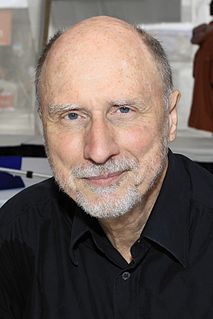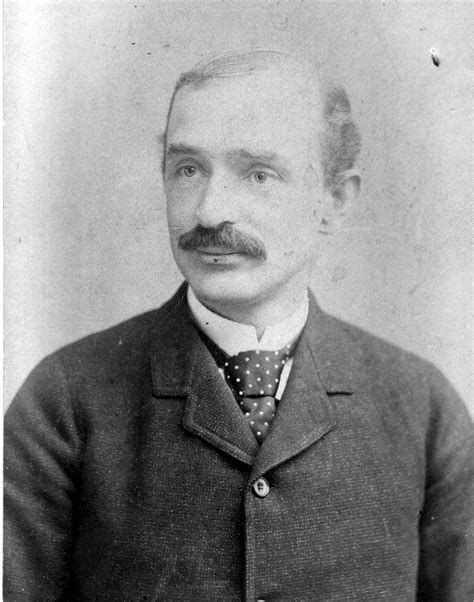A Quote by Charles Simic
Only poetry can measure the distance between ourselves and the Other.
Related Quotes
There is really no fiction or non-fiction; there is only narrative. One mode of perception has no greater claim on the truth than the other; that the distance has perhaps to do with distance - narrative distance - from the characters; it has to do with the kind of voice that is talking, but it certainly hasn't to do with the common distribution between fact and imagination.
We can never put enough distance between ourselves and what we love. To think that God is, is still to think of him as present; this is a thought according to our measure, destined only to console us. It is much more fitting to think that God is not, just as we must love him purely enough that we could be indifferent to the fact that he should not be. It is for this reason that the atheist is closer to God than the believer.
There may be dead ground in between; and I may not have got The knack of judging a distance; I will only venture A guess that perhaps between me and the apparent lovers, (Who, incidentally, appear by now to have finished,) At seven o'clock from the houses, is roughly a distance Of about one year and a half.
Because no other could do it, he himself went to the greatest possible distance, the infinite distance. This infinite distance between God and God, this supreme tearing apart, this incomparable agony, this marvel of love, is the crucifixion. Nothing can be further from God than that which has been made accursed.
There's no difference between lyrics and poetry. Words are words. The only difference is the people who are in academic positions and call themselves poets and have an academic stance. They've got something to lose if they say it's all poetry; if there's not music to it, and you have to wear a certain kind of checkered shirt or something like that. It's all the same. Lyrics are lyrics, poetry is poetry, lyrics are poetry, and poetry is lyrics. They are interchangeable to me.
We sabotage our creative possibilities because the world revealed by our imagination may not fit well with the life we have taken so much trouble to construct over the years. Faced with the pain of that distance, the distance between desire and reality, we turn just for a moment and quickly busy ourselves.
In her previous novels, Maggie O'Farrell has often measured the distance between intimates and the unexpected intimacy of distance - geographic, temporal, cultural. In 'The Hand That First Held Mine' and 'The Distance Between Us,' characters separated by many miles or many years turn out to be joined in ways they never anticipated.
It is not only my dreams, my belief is that all these dreams are yours as well. The only distinction between me and you is that I can articulate them. And that is what poetry or painting or literature or filmmaking is all about... and it is my duty because this might be the inner chronicle of what we are. We have to articulate ourselves, otherwise we would be cows in the field.







































